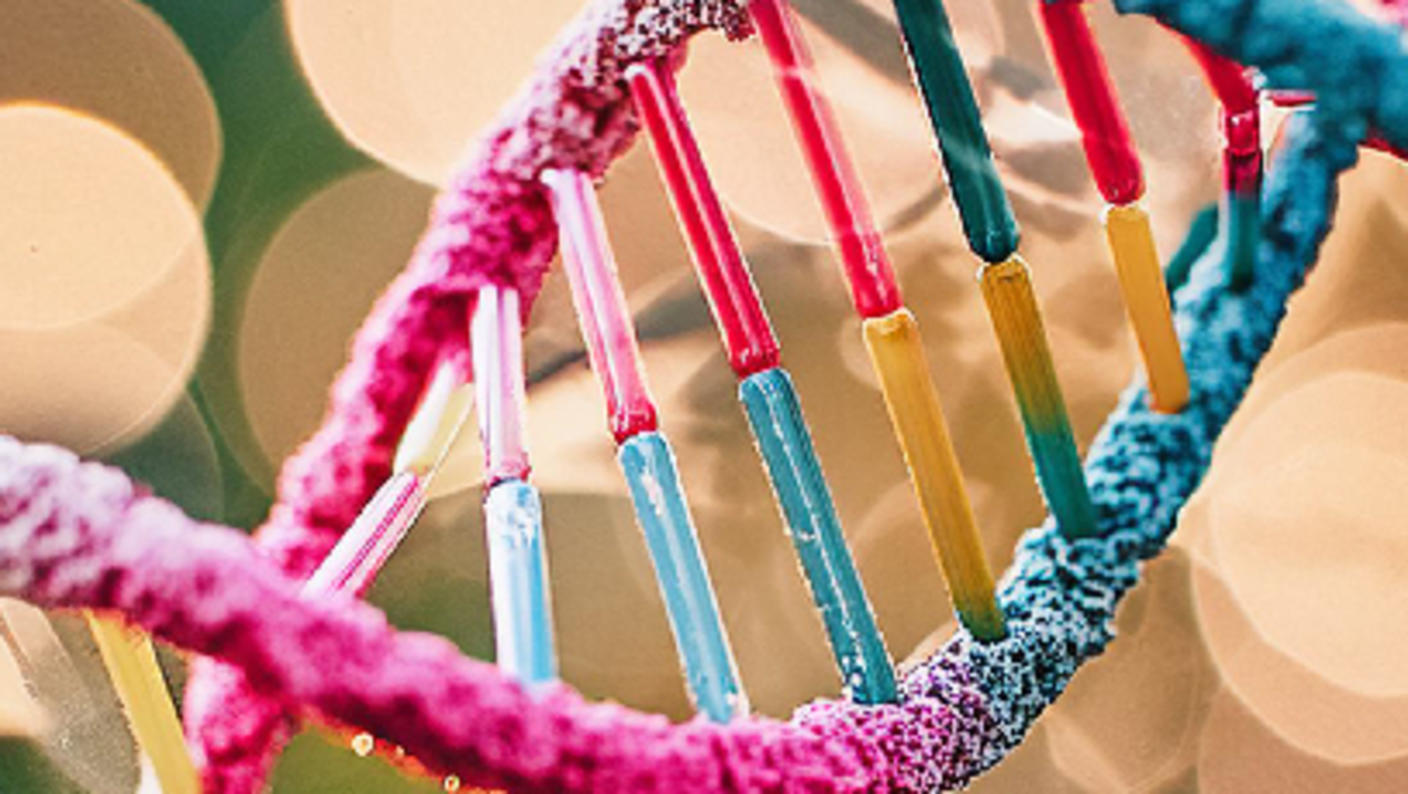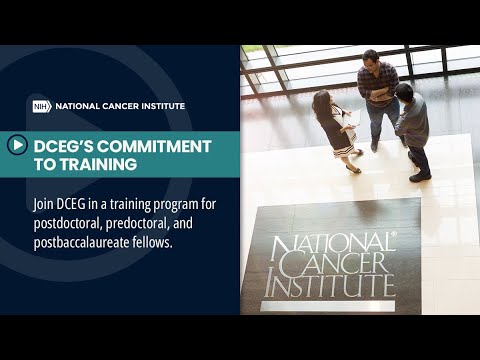Investigators in the Laboratory of Translational Genomics (LTG) work with fellows to develop new approaches to the study of the genetic basis of cancer and its outcomes. LTG laboratories, directed by independent investigators, have expertise in and conduct studies utilizing:
- High-throughput, sequence-based approaches to assess gene expression, splicing, chromatin interactions, and gene regulatory effects
- Molecular and cell biology methods to evaluate the biological consequences of altered regulation or function of susceptibility genes
- Population genetics
- Interaction between genes and environmental factors
Learn more about the Laboratory of Translational Genomics research areas.
Apply to be a Fellow in LTG
Candidates must hold a doctoral degree in medicine, genetics, epidemiology, bioinformatics, molecular biology or a related field. Individuals with laboratory experience and/or expertise in manipulating and analyzing dense genomic data sets are encouraged to apply. Individuals with clinical or epidemiologic training are encouraged to apply.
Fellowship applications are accepted on a continuous basis. Contact investigators in LTG conducting research in your area of interest with a copy of your CV; DCEG scientists are always on the lookout for new fellows. In addition, submit your CV to the application database so it can be reviewed by investigators across the NCI who may be searching for fellows. You can also apply for training positions with specific investigators listed below.
Training Opportunities with Specific Investigators
- Genetics and Genomics of Bladder Cancer Postdoctoral Fellowship with Dr. Ludmila Prokunina-Olsson
- Functional Genomics, Molecular Genetics, Lung Cancer Susceptibility Postdoctoral Fellowship with Dr. Jiyeon Choi
To explore training opportunities in other research areas, see a full list of the DCEG research groups on Apply for Fellowships page.
The postdoctoral fellowship at DCEG, NCI, comprehensively prepared me for my future journey as a scientist. Particularly, during this training, I received mentorship from established scientists at DCEG, opportunities to connect with other postdoctoral fellows at NCI, attend scientific conferences, and mentor undergraduate students. At all stages of my fellowship, I sought advice from OE and was always impressed with their efforts in fostering a supportive environment for postdoctoral fellows.

